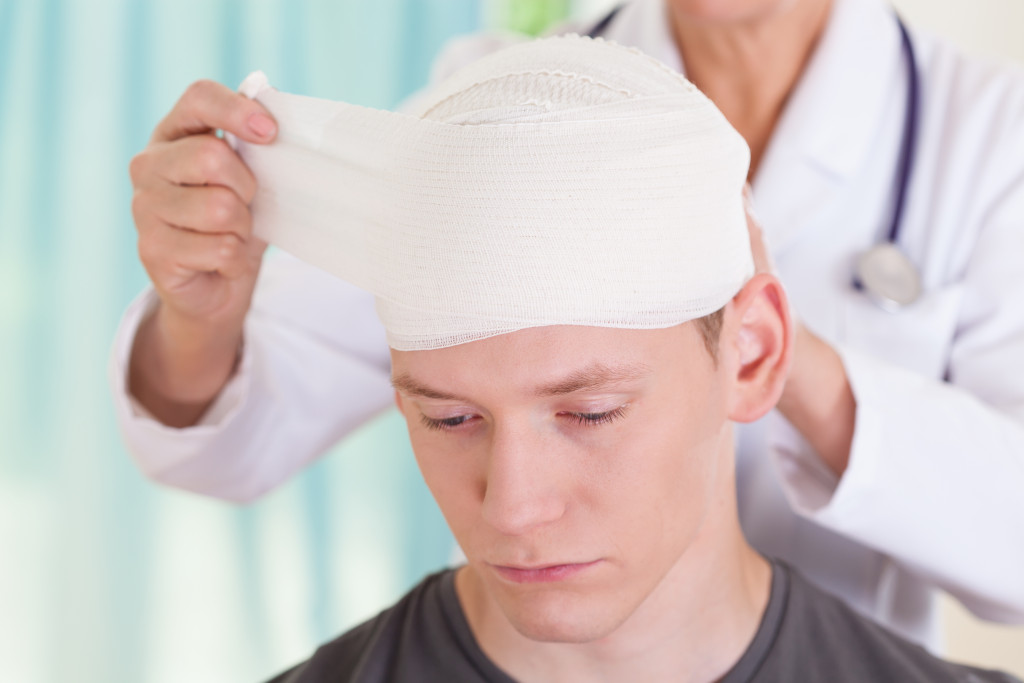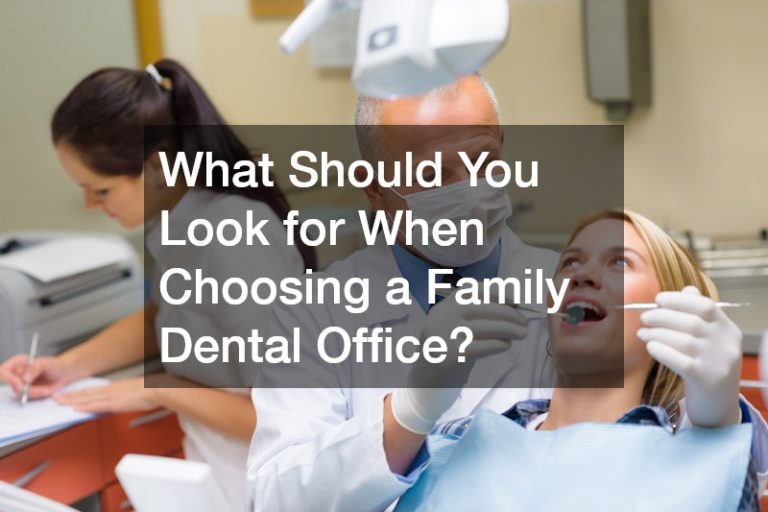- Consult with a qualified surgeon to assess the extent of the injury.
- Manage pain by taking over-the-counter medications, applying cold compresses and practicing stress relief techniques.
- Avoid activities that increase facial stress, such as laughing too widely or squinting.
- Eat properly by consuming soft foods and creating a diet plan considering limitations.
- Follow up with your doctor to monitor progress and discuss any questions or concerns.
Facial trauma resulting from an accident can be devastating. Not only is the physical pain and discomfort associated with facial injuries difficult to live with, but the psychological trauma of dealing with disfigurement can make it hard to cope. Fortunately, there are strategies you can use to help manage your facial trauma and take control of your recovery process. In this article, we’ll provide you with five tips to help you deal with facial trauma from an accident. Following these steps, you can work toward physical and psychological healing and regain balance.
1. Consulting with a Surgeon
One of the first steps to recovering from facial trauma from an accident is to consult qualified oral and maxillofacial surgeons. These specially trained surgeons are experts in treating patients who have suffered facial injuries, whether from an accident, sports injury or other causes. An experienced surgeon will be able to assess the extent of your injury and provide a course of treatment that will bring you back to full health.
2. Managing Pain
Managing the pain associated with facial trauma is an important part of recovery and healing. Resting and taking it easy while you are healing is also important.
Here are some ways to help manage the pain;
Over-The-Counter Pain Medications
Taking over-the-counter (OTC) pain medications such as acetaminophen and ibuprofen can help with mild to moderate facial trauma-related pain. Always check with your doctor before taking any medication and follow their instructions carefully to ensure you use it correctly and safely.
Cold Compresses

Applying a cold compress to your face can help reduce swelling and discomfort associated with facial trauma. Using the cold compresses for no more than 15 minutes at a time is important, as any longer could lead to additional skin irritation.
Stress Relief
Stress relief can be an effective way to manage pain associated with facial trauma. Taking a few moments to relax and practice some deep breathing can help reduce pain and help keep your stress level down.
Massage Therapy
Massaging the affected area can also be beneficial for managing facial trauma-related pain. Massaging the affected area in circular motions can help improve circulation and reduce swelling. Massage can help to relax muscles and relieve tension, which may also help with pain levels. It is important only to use light pressure when massaging facial trauma-related injuries. Always consult with your doctor before starting any type of massage therapy program.
3. Avoid Activities That Increase Facial Stress
Even with appropriate medical treatment, avoiding activities that increase facial stress can help speed up recovery and prevent additional trauma to the face. Activities such as laughing or smiling too widely, chewing hard foods or gum, grinding your teeth during sleep, and squinting should all be avoided while recovering from facial trauma. It is best to avoid activities involving any contact with the face, such as putting on makeup or shaving.
Taking extra care to protect your facial area from unprotected exposure to the sun can also help reduce the chances of further damage. Likewise, minimizing stress and tension in the face during everyday activities is important. Try to keep a relaxed expression when speaking and try to keep the jaw relaxed. Taking regular breaks from work or stressful activities can also help reduce physical tension in the face.
4. Eating Properly Following Facial Trauma

After recovering from facial trauma from an accident, eating properly is important. This can be difficult as the person may not have a full range of motion or feel pain when chewing. Creating a diet plan that considers those limitations while providing vital nutrients and energy is essential. When creating your diet plan, consume soft and easy-to-chew foods. This can include mashed potatoes, yogurt, oatmeal, eggs and other soft-cooked vegetables or fruits.
5. Follow-up Appointments
Follow-up appointments with your facial trauma specialist are important for assessing and monitoring your progress as you heal from facial trauma. These appointments will also allow you to discuss any questions or concerns that may arise during the recovery period.
Final Words
By following these tips, you can ensure that you take the best possible steps to recover from facial trauma due to an accident. It is important to consult with your doctor to determine the best course of treatment for your case. Remember, healing takes time, so take it easy, get plenty of rest and follow your doctor’s instructions to help ensure a successful recovery.






